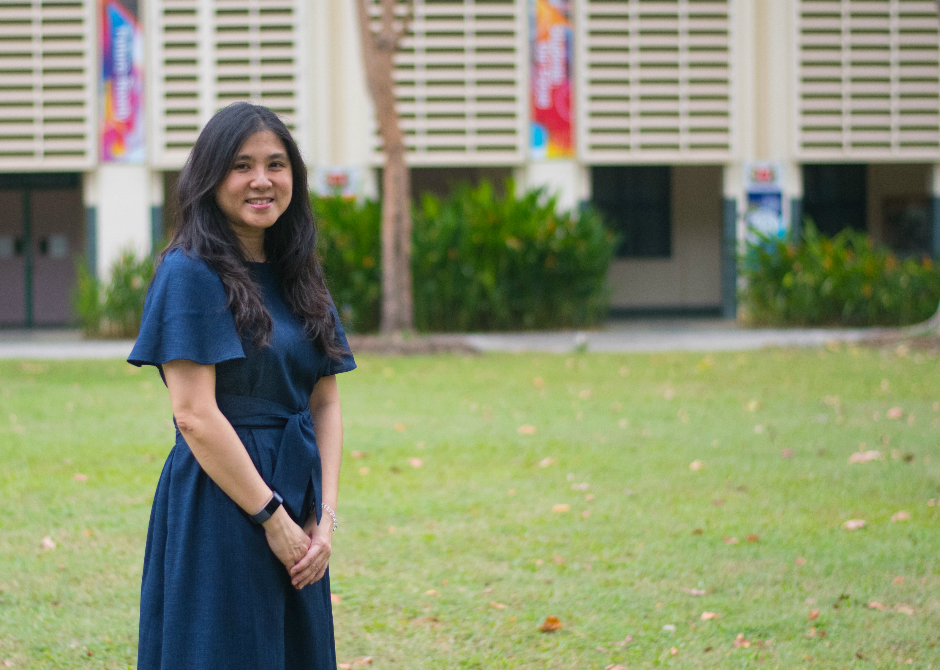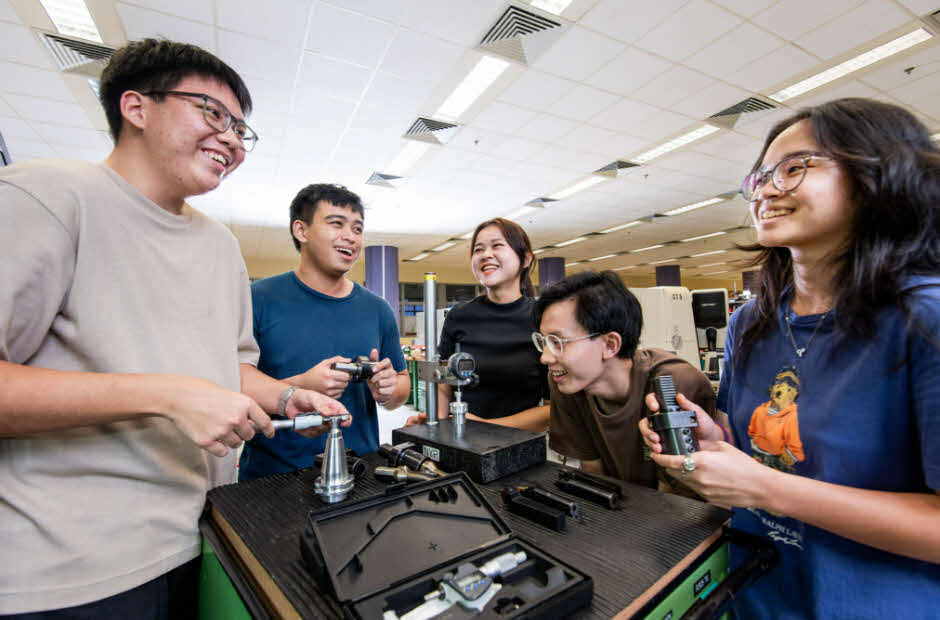.jpg)
Er Ya Qin used candy to teach her 3-year-old daughter about supersaturated solutions and our different senses. Photo credit: Writer’s own.
Working from home has proven to be very challenging if you have a toddler whom you need to entertain every 10 minutes. I often resort to switching on her favourite cartoons while I attend to my work and meetings. However, after a week of YouTube indulgence, I realised I cannot keep increasing her screen time.
As a staff of the Science Centre, I wondered if I could interest my three-year-old daughter in learning science. So, I started researching simple activities, and gathered household products to conduct simple scientific experiments with my child.
Science experiments using household materials
The first experiment we did together involve lemon juice and baking soda, which we used to make lots of foam! She practised fine motor skills as she poured lemon juice into a bottle with a small opening. And then I taught her to count the number of spoons of baking soda to add to the lemon juice for the chemical reaction to happen. She jumped with joy at the sight of bubbles forming during the reaction!
That was when I tried to incorporate more science experiments with daily items.
One day, she came back from pre-school with a party pack filled with coloured candies. When she asked if she could have the candies, I said, why don’t we try an experiment with them?
Learning science with candy
I got a white plate, and she carefully lined the candies in the plate. Whenever she placed a coloured candy on the plate, I asked her to guess the flavour of that candy.
“The lesson at hand was the wonderful ways our different senses work together when it comes to enjoying delicious food (or sweets). Our sense of sight gives us the first clue of the food that we are about to pop into our mouth. In the case of the candies, our sense of smell gives a hint to the flavour of the candy. Finally, our sense of taste enables us to taste the sweet and sour flavours.
Next, I prepared a measuring cup with some water and instructed her to slowly pour the water into the plate and watch what happened to the candy. The colouring of the candies started dissolving in water, blending into a rainbow of colours. She turned to me and said that if she were to consume the candies, the colouring would be on her tongue instead!
Now, I try to throw in science concepts or simple explanations on how things work whenever my child asks me questions. She may or may not understand what I am talking about, but this interaction can help her develop an inquisitive mind to find out more about the world around her.
As adults, we have gotten used to our daily routines and take for granted much of the prior knowledge on how some things work, such that we may forget that science is all around us. For parents who are keen to incorporate science in your activities, start with items around the house and explore them with your children. You will be amazed by their endless curiosity.



.jpg)
.jpg)

